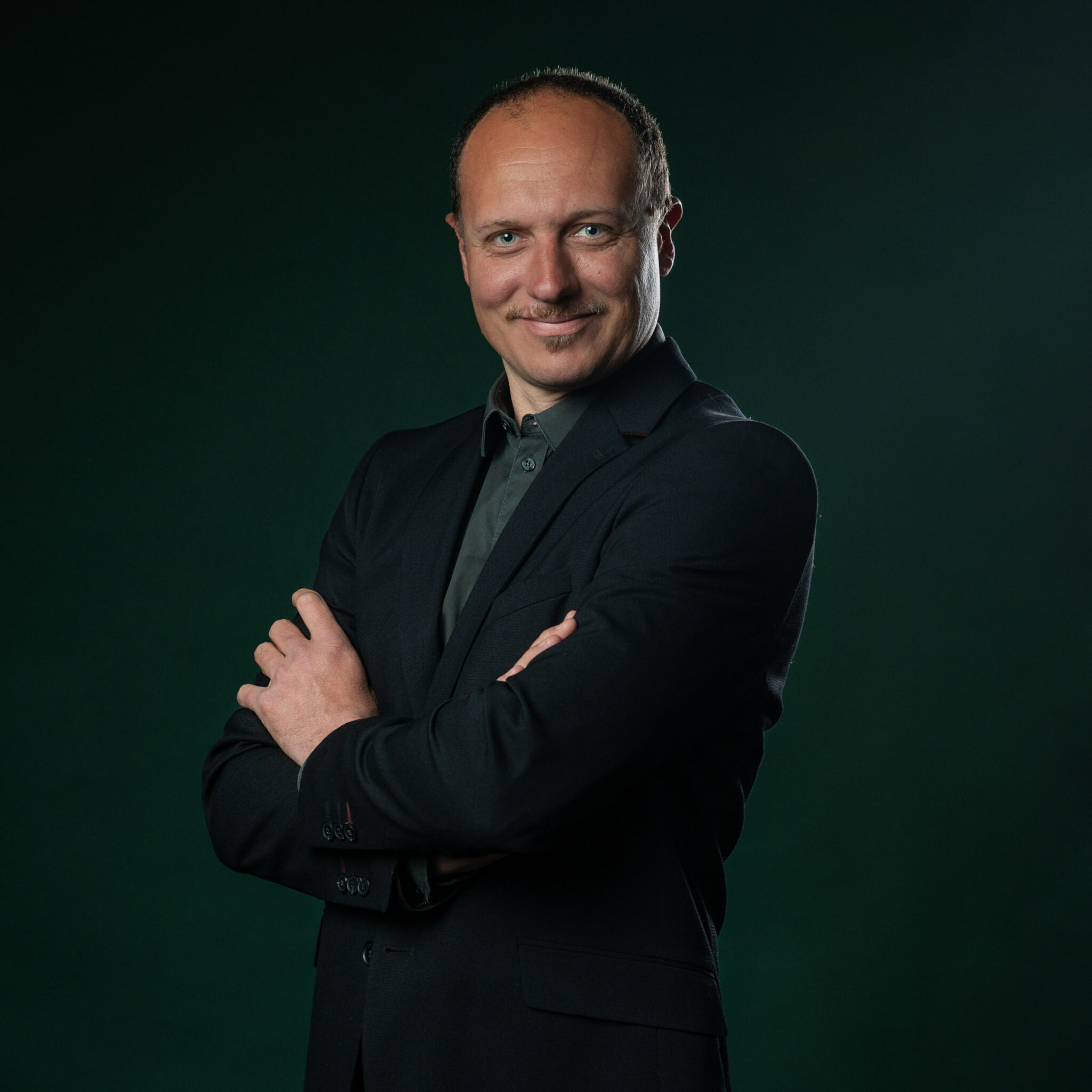Stem cell therapy is revolutionizing modern medicine, offering promising treatment options for a variety of conditions. Among the most significant areas of progress is its application in autoimmune diseases. These disorders, in which the immune system mistakenly attacks the body’s own tissues, have traditionally been troublesome to manage. Stem cell therapy, with its regenerative and immunomodulatory potential, is altering that landscape.
Autoimmune diseases embody conditions like rheumatoid arthritis, multiple sclerosis, lupus, type 1 diabetes, and Crohn’s disease. Customary treatments typically focus on suppressing the immune system with medicines similar to corticosteroids, immunosuppressants, or biologics. While these can reduce symptoms, they don’t address the basis cause and sometimes come with long-term side effects. Stem cell therapy affords a more focused approach by potentially resetting or repairing the immune system.
Mesenchymal stem cells (MSCs), hematopoietic stem cells (HSCs), and induced pluripotent stem cells (iPSCs) are among the many types being explored for their therapeutic benefits. MSCs, in particular, have shown great promise as a consequence of their ability to modulate immune responses and reduce inflammation. These cells can be sourced from bone marrow, adipose tissue, or umbilical cord blood and are known for secreting anti-inflammatory factors that assist repair damaged tissues.
In autoimmune illnesses like multiple sclerosis (MS), where the immune system damages nerve cells within the brain and spinal cord, stem cell therapy has shown potential to slow progression and improve function. Studies have demonstrated that HSC transplantation can « reset » the immune system, halting new immune attacks. Some patients who underwent this therapy skilled years of remission without additional drug treatment.
Equally, in lupus, where the immune system attacks multiple organs, stem cell therapy has helped reduce illness activity and flare-ups. Research shows that MSCs can home in on inflamed tissues and promote healing, while also calming overactive immune responses. Clinical trials have reported improved outcomes and fewer problems compared to standard treatments.
Crohn’s illness, a chronic inflammatory bowel illness, is another area where stem cell therapy is gaining traction. Traditional medicines might not be effective for all patients, particularly these with severe or treatment-resistant forms of the disease. MSCs have shown the ability to reduce irritation in the gut and promote regeneration of the intestinal lining, providing reduction to patients who previously had few options.
Safety remains a critical consideration. Although most research report positive outcomes, stem cell therapy is still considered experimental for many autoimmune conditions. The risk of complications, resembling infections or unwanted immune responses, depends largely on the type of cells used and the tactic of administration. Rigorous clinical trials are ongoing to refine protocols and guarantee both safety and efficacy.
One of many greatest advantages of stem cell therapy is its potential for long-term benefit. Unlike typical medication that have to be taken continuously, a single stem cell treatment might, in theory, lead to lasting remission. This could reduce healthcare costs, remedy side effects, and improve the quality of life for millions suffering from autoimmune diseases.
The future of stem cell therapy in autoimmune illness management looks promising, with research advancing rapidly. Personalized stem cell treatments, the place cells are derived from the patient’s own body and reprogrammed, may additional reduce risks of rejection and enhance treatment success. As more data emerges, regulatory approvals and broader access are likely to follow.
Stem cell therapy represents a groundbreaking shift in how autoimmune diseases could also be treated. While more research are needed to confirm its long-term effectiveness and safety, current results are encouraging. For a lot of patients dealing with the chronic burden of autoimmune illness, stem cells supply a beacon of hope and a possible path to lasting relief.
If you have any thoughts relating to in which and how to use natural killer cells, you can speak to us at the web site.

